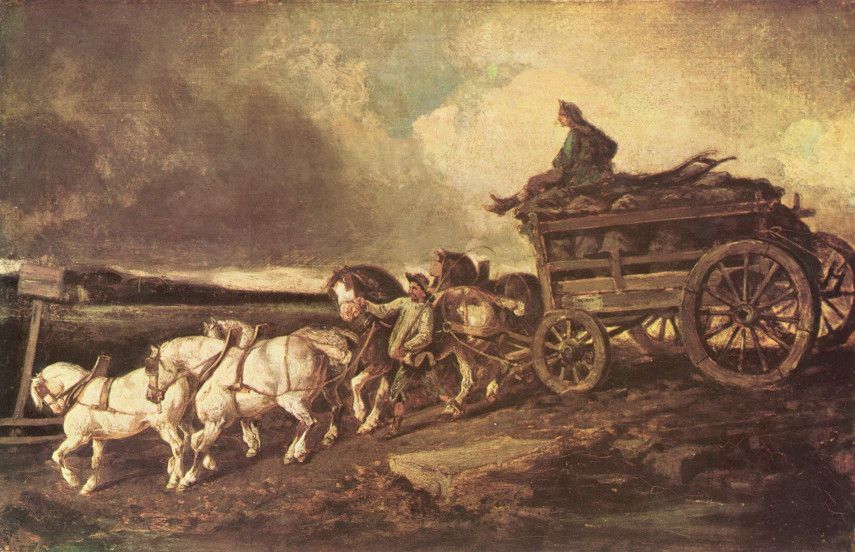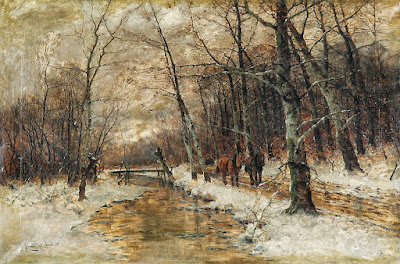I'm completely in love with the wilderness exploration mechanic from the Simulacrum blog (which I'll call Simulacrum Overland in this blog). It prioritises:
- Elegant simplicity (which I love because once rules become too baroque I stop using them).
- Player facing mechanics (good, because I'm playing with the rest of the table, not with myself).
- Interactions not already present in dungeon based play (good, because variety is the spice of D&D).
I am going to use the process pretty much as presented I think... plus a few more things, of course, because home brewing. Here are my thoughts at the moment, including a bunch of to-dos.
Note: Burden Level & Fatigue → OSE
Simulacrum uses a few abstractions which I'll have to translate to OSE. The first one is burden level, which is easy enough. Here's a bullet point table comparing OSE & B/X movement rates to Simulacrum Overland burden levels:
- 120' (40') ←→ no burden
- 90' (30') ←→ light burden
- 60' (20') ←→ medium burden
- 30' (10') ←→ heavy burden
- 0' (0') ←→ immobile
 |
| One way to deal with encumbrance is to use a wagon. Not too convenient for dungeons, however. (Theodore Gericault) |
Note: Weather for Simulacrum Overland
There are a number of systems for determining weather in OSR. I'm going to brew my own, with a view to working with Simulacrum Overland.
 |
| Muddy roads are inconvenient for hex crawling (Johann Jungblut) |
- Remove the modifiers and have "local folks" entries on the encounter tables. This would be fairly simple, but lessens the difference from travelling through different hex types.
- Just add "local folks" entries to encounter tables where appropriate. That would make non-wild areas less interesting (fewer encounters) and significantly less threatening (assuming "local folks" encounters are less likely to result in fights). On the upside, it's the simplest.
- Leave the encounter tables for "monsters" and have a separate process for "interesting locals". Maybe make it part of the "generating hex features" part of the procedure. The challenge here is deciding on edge cases - where do brigands go? What about farmers who sometimes engage in brigandage? Or farmers in the middle of a dispute that the PCs could dragged into.
- Just convert it into HP damage. OSR already has one track for deleterious consequences, and I'm not sure adding more status effects will help what I'm after.
- Have one "fatigued" status that can be on or off, and which - once on - requires all the different triggers to be addressed (so say, if you're fatigued from lack of food, overheating, and lack of sleep you'll need to eat, cool down, and sleep for the fatigue penalty to be removed).
Note: Develop (or steal) tables for overt and hidden features
I need to strike a good balance between hand placed features (which require some work) and random features, both overt and hidden (which in turn require work to develop as well).
My sense is that somewhere between 50-75% of hexes should have some sort of hidden feature to encourage digging deeper. I also think that overt features should give hints of potential hidden features.
This is a problem for future me, but one I'll need to solve to my satisfaction.
 |
| This looks like the kind of feature where you roll a d6 and maybe get a boon or maybe something goes wrong. (I'm not sure of the source) |





